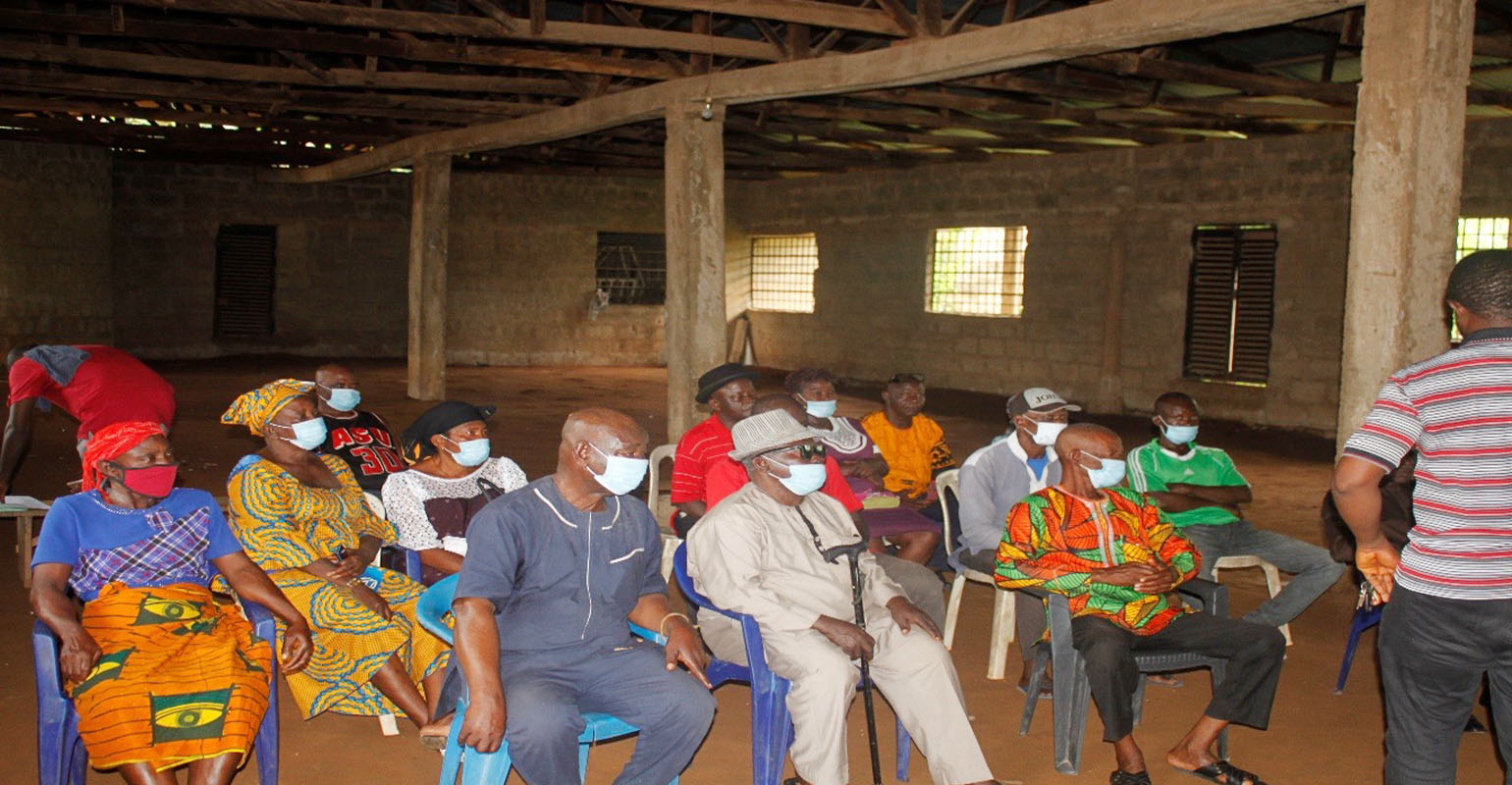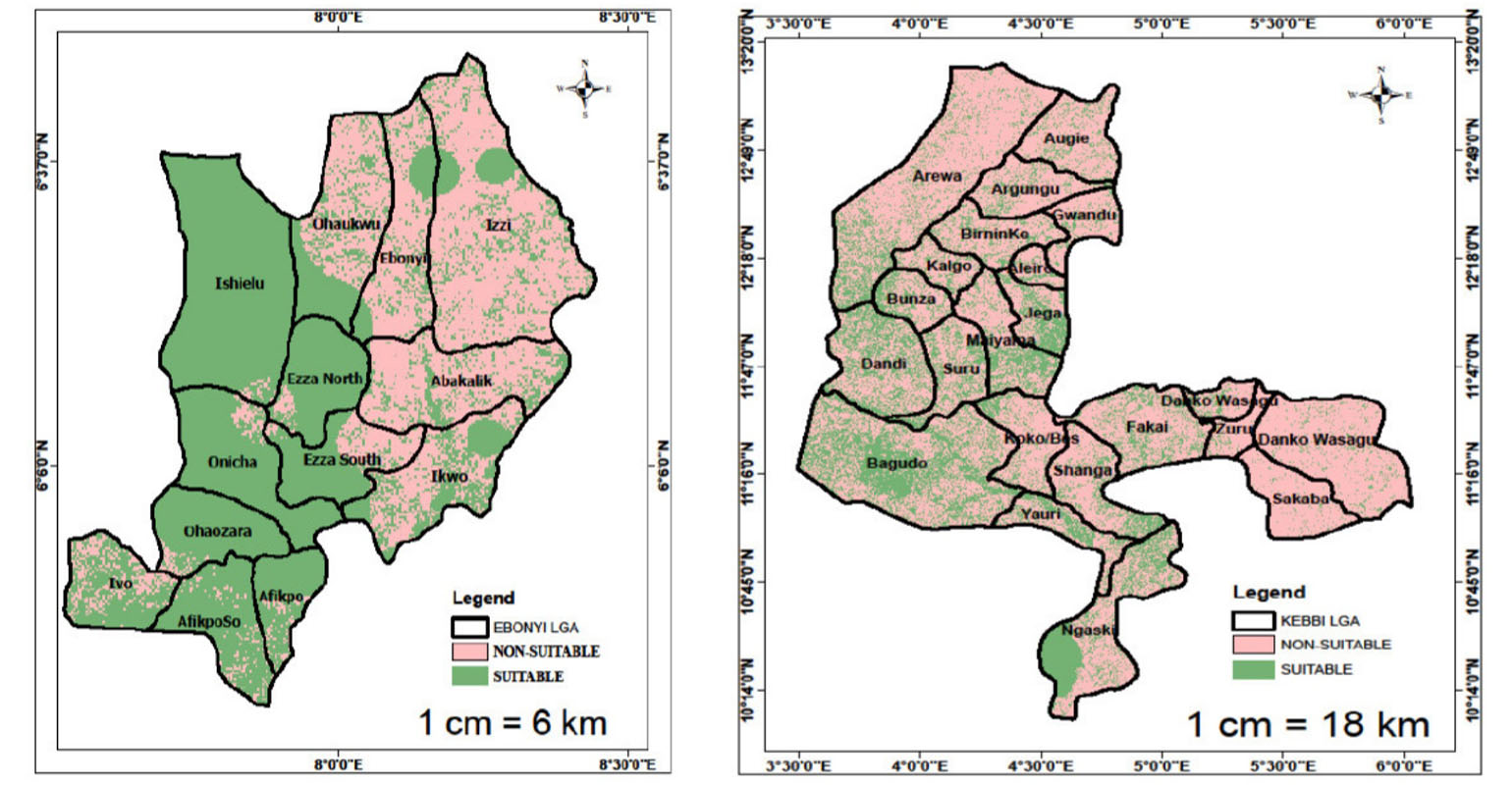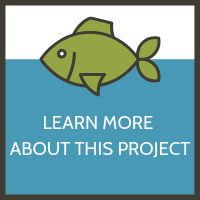
By Oluwafemi Ajayi
Developing a knowledge base on agroecological wetlands suitable for integrated fish and rice farming is one of the key objectives under the Integrated Agriculture-Aquaculture as Farm Diversification Strategy project of the Feed the Future Innovation Lab for Fish. The activities under this objective are expected to inform the development of wetland maps, which will help researchers identify wetland areas and rice farms suitable for rice-fish farming in project sites in Ebonyi and Kebbi states of Nigeria. In addition, the resulting maps will help provide baseline information needed to characterize existing farming systems and identify entry points for introducing aquaculture into rice farming operations in the wetland areas through a farm diversification process. Integrating rice farming with fish can mean an important shift for farmers toward better and more nutrition-sensitive agricultural production. Additionally, local consumption and diverse diet often benefit the more vulnerable members of farming households and the society at large.
The development of the mapping process involved the overlaying of numerous GIS coverage layers to determine the suitability of wetland systems for integration of rice and fish. Ground-truth surveys were conducted to provide quantitative information during the entire mapping process. These surveys were conducted at the beginning of the mapping process as close to the time of image acquisition as possible to generate a map signature dataset that will be used to identify and characterize each land-use and land-cover class delineated on the imagery. Any point visited to classify a habitat or edit a map was referred to as a ground-truth point. Reference points were those points visited solely for the purpose of assessing the accuracy of the map product. The project team spent three days in each state to obtain this primary data.
The Ground-Truth Survey
The project team from the University of Ibadan, Nigeria, travelled to Kebbi and Ebonyi states between September 26 and October 12, 2020, to conduct the ground-truth mission. This was mainly done to identify the type of rice-farming operations and to assess the suitability of communities for establishing pilot adaptive research plots for rice-fish farming. During these exploratory surveys, the team visited the three senatorial zones in each state, after which one representative community from each senatorial district was selected for the project. These included Dan Galadima, Taka Kume/Tungar Tsamiyar, and Kimba communities in Kebbi state as well as Nwanu, Umuchima, and Ekpelu communities in Ebonyi state, for a total of six communities.
The ground-truth mission involved a full inventory of all wetland vegetation in each project site. Also, the team conducted preliminary evaluations of the identified wetland systems and recorded the full GPS readings of these locations. The GPS recordings and on-site physical verification of flora and geomorphological features of the locations during the ground-truth survey were used to compliment the desktop mapping process. This mapping process encompassed the overlaying of numerous GIS coverage layers—including aerial imagery, topographic data, and digital elevation models—to determine the suitability of wetland systems for integration of rice and fish. The efforts ultimately resulted in the production of wetland maps for Ebonyi and Kebbi states. The project team plans to publish a peer-reviewed journal article on the wetland maps. Meanwhile, two of the maps showing locations suitable for aquaculture production are shown in Figure 1.

Engaging Stakeholders from the Start
A second major objective during the ground truth survey was the stakeholder meeting organized in each community. Stakeholders such as farmers, community heads, government officials, and nongovernmental organizations were briefed on the mission of the project team and invited to participate in the identification and selection of project sites and beneficiary farmers. The project team also used these meetings as an opportunity to establish an innovation platform related to integrated agriculture-aquaculture systems. The innovation platform will offer a forum to facilitate linkages and information sharing amongst farmers, civil societies, government extension workers, and other aquaculture stakeholders.
Further Activities since the Ground-Truth Visit
Since the conclusion of the ground-truth visit, the team has revisited project sites and implemented new activities. This included the creation of on-farm adaptation pilot plots in the selected communities to gather knowledge on how to successfully integrate aquaculture into rice farming while considering the prevailing local conditions. The team also conducted preliminary surveys on profitability and consumer preference for the produce of a rice-fish farm. These two activities will contribute to the development of a technological package on rice-fish farming and a business manual for farmers and interested investors.
The overall success of the project is expected to be measured in terms of the number of rice farmers that implement improved methods of integrating aquaculture with rice production in the project areas by the end of the project and the application of improved resource-use management techniques.
Published June 30, 2021

